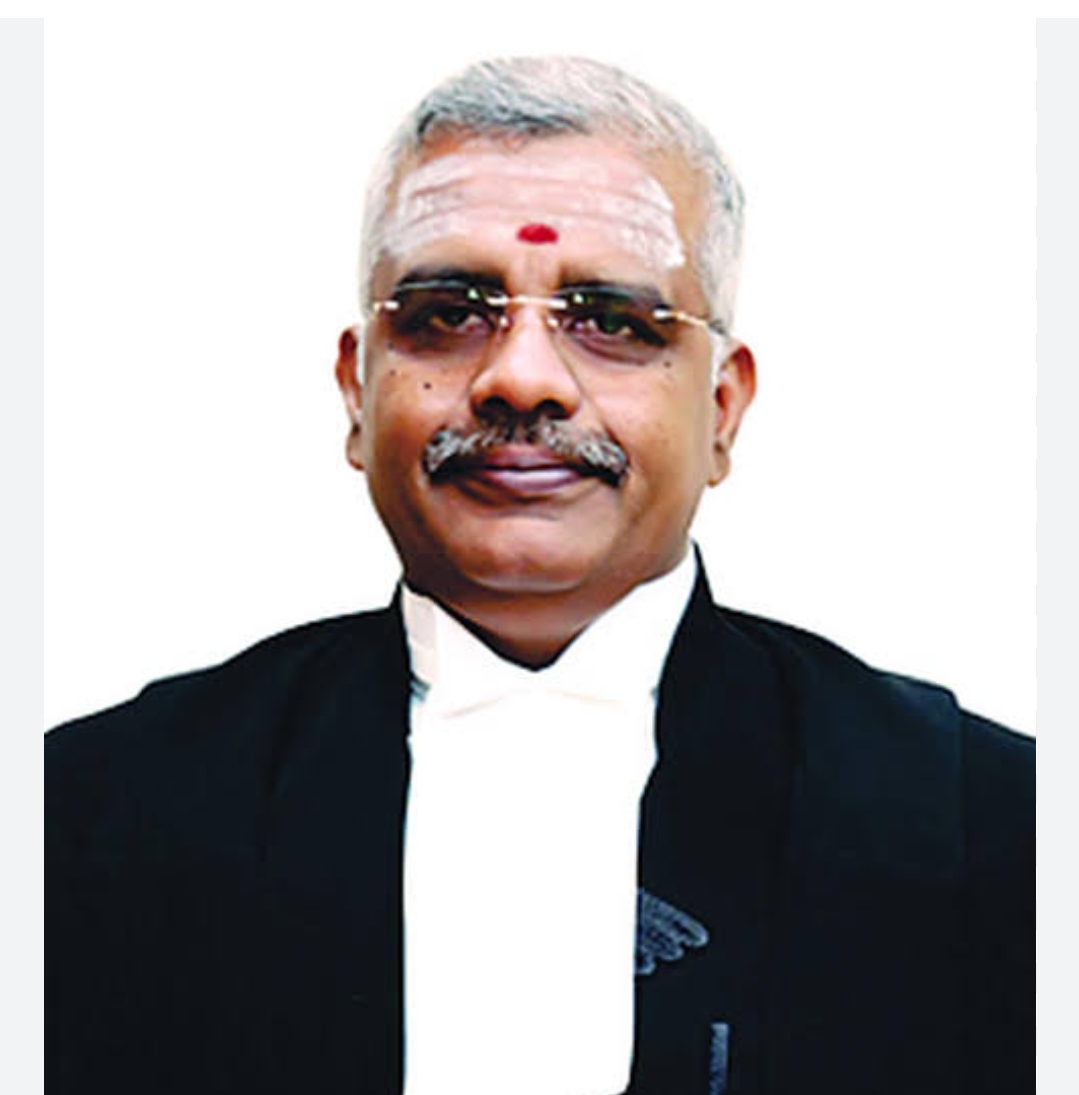Sometimes, justice too bears the weight of
judgment
Aug 8, 2024, 12.25 AM IST
Mental health in common parlance includes emotional, psychological and social well-being. It affects how people think, feel and act. It also determines how one handles stress, relates to others and makes choices. It is important at every stage in life. And positive mental health allows people to realise their potential, cope with the stresses of life, work productively and make meaningful contributions to the community.
Judges, however, bear a unique burden. Day in and day out for years, they handle the problems of others, working to resolve them in accordance with the law. Synoptically, a judge is assigned the task of deciding the fate of a litigant. No wonder a judge is addressed as “My Lord”. Every case that comes up before a judge involves the life of a litigant and it is with that sense of responsibility that a judge is expected to deal with each of these cases.
This takes us to the core issue of the mental health of a judge. Does our system focus on this vital issue? Is there a mechanism that ensures the mental health of a judge is monitored? Do judges require periodical counselling by psychiatrists or mental health experts?
In her book ‘Also Human’, Caroline Elton explores the experiences of a psychologist, who for more than 20 years has helped successful doctors with various psychological challenges. It raises the question: Do doctors need counselling from an occupational psychologist? Disease, distress and death are part of a doctor’s work life. They deal with the devastation of illness, the anguish of patients and the trauma inflicted on bodies and minds. What must it feel like to inform a parent that their child’s life could not be saved? To cope, doctors often develop defence mechanisms.
Systematic reviews of medical residents and doctors have shown that the demanding work environment leads to a marked decline in their ability to empathise with patients. Elton’s book reminds us that doctors are “human too”. What makes the book interesting is that these doctors openly acknowledge their own psychological distress and seek professional help, improving their mental health and overall effectiveness.
On finishing the book, I found myself reflecting on a broader issue: Aren’t judges also human?
Judges don’t always perform tasks with perfect mental health. Sometimes, cases are judged based on preconceived beliefs and not on sound logic. The sheer volume of cases handled can condition minds and cause judges to lose their sense of empathy.
Pre-existing notions influence decision-making processes. Social distancing impairs the ability to grasp real-world realities. Does power get to the head making judges feel like Homo Deus (man god) and turning them into unreasonable people? In the pursuit of honesty, judges too can become insincere and unrealistic, leading to incorrect conclusions and erroneous judgments. Work pressure can induce mental fatigue, resulting in depression, anxiety, and attention disorders.
We have a system that contains the risk of a judge experiencing an unhealthy mental state, dealing with a very sensitive case, that involves the life of a litigant. This may result in the ultimate decision getting influenced by certain wrong notions, preconceived ideas or an individual’s belief bias. This critical issue needs to be addressed and the best way to do it is to start discussing it amid the fraternity of judges.
The core issue to be addressed is whether it is time judges start deliberating about this, come out of denial and make self-assessments. The best way to improve oneself is to first admit that there is a problem and to try and find a solution for the same.
It has been proven scientifically that certain biases at the sub-conscious levels of the human mind are developed from their early days, about which one may not even be aware. One such bias is the “belief bias”. Unless one undergoes professional counselling, he or she may not even be aware of the existence of such a bias. One must be a real hypocrite to claim that he or she can operate without bias.
Every judge comes from a different background, religious belief, family set-up, value system and life experience. These factors influence understanding and decision-making processes. Maintaining neutrality and deciding an issue in an unbiased manner becomes a real challenge. Now there is an added pressure of social media.
There are lots of factors that contribute to a healthy mental state. Judges are “also human” and therefore, it is time the judiciary starts introspecting and discussing the elephant in the room more seriously. It is possible to develop programmes that involve counselling by occupational psychologists periodically. Like physical health, mental health also requires the assistance of specialists to overcome the malady. It will go a long way in improving standards which ultimately will make the judiciary a strong pillar of democracy.
(The writer is a judge in the Madras high court)
